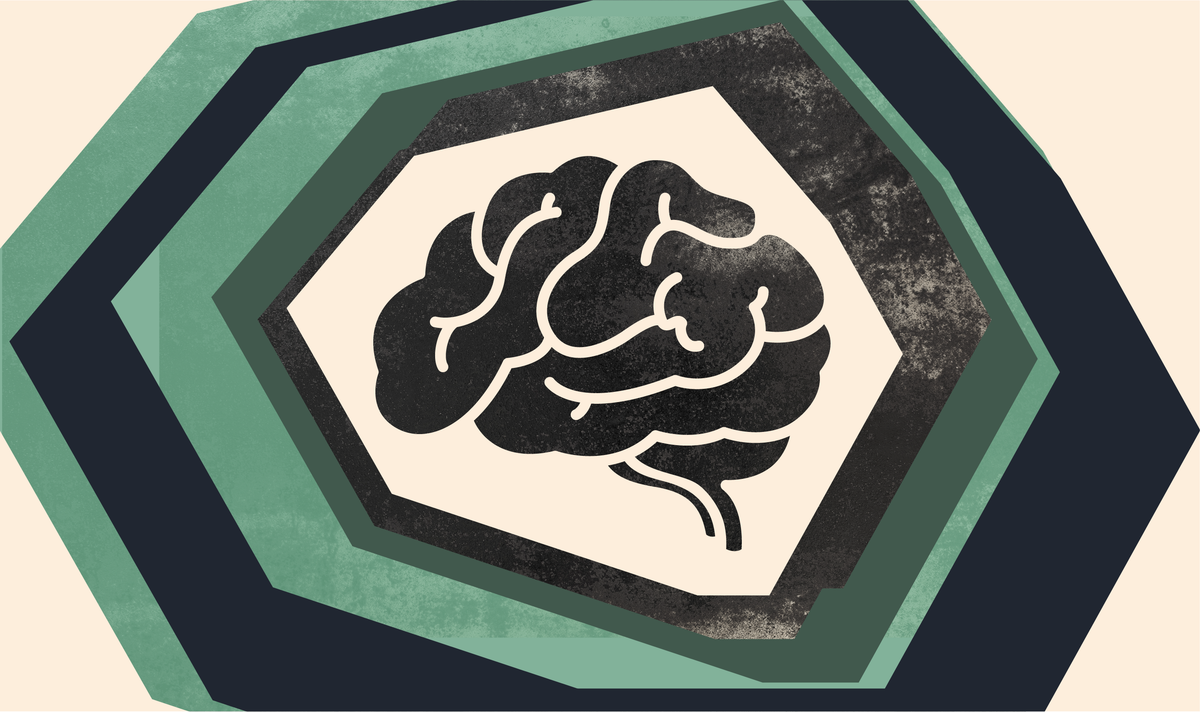School funding cuts fuel ongoing conversation about youth mental health
Meanwhile, other discussions highlighted Mental Health Awareness Month and schizophrenia.

Meanwhile, other discussions highlighted Mental Health Awareness Month and schizophrenia.
Last week, an executive order eliminating grant funding for schools to hire mental health professionals sparked debate about whether schools or parents are responsible for students’ mental health. Other posts shared encouragement for people with mental health conditions and expressed confusion about the difference between schizophrenia and anxiety.
In light of these discussions, communicators may recirculate mental health resources for youth and their families, highlight general mental health resources, and outline the symptoms of schizophrenia and anxiety.

Insights brought to you by the reporters and science writers of Public Good News (PGN), a nonprofit newsroom dedicated to improving community health.
What’s trending nationally in conversations about mental health
Last week, articles reported that the federal government will stop paying out $1 billion in grants that help school districts hire mental health professionals. The grants were part of a bill passed in 2022 after the school shooting in Uvalde, Texas. Facebook posts sharing the articles received hundreds of thousands of views. Many commenters expressed fear about how having fewer mental health professionals in schools could impact students who need support. Others suggested that parents should take responsibility for students’ mental health.
Many recent posts acknowledged that May is Mental Health Awareness Month. A Facebook post noted that one in five U.S. adults will be affected by a mental health condition in a given year, garnering approximately 5.6 million views, 35,000 reactions, 52,000 shares, and 1,400 comments as of May 7. Many commenters shared photos of their semicolon tattoos, which indicate that a person has previously attempted suicide, and offered words of encouragement to those who struggle with suicidal thoughts, anxiety, depression, obsessive-compulsive disorder, and other mental health conditions.
On April 30, a Facebook user shared a video discussing the early signs of schizophrenia, including restlessness, excessive worrying, and difficulty organizing thoughts. The post received approximately 2.5 million views, 21,600 reactions, 1,200 shares, and 920 comments as of May 7. While the video’s depiction was factual, many commenters doubted its accuracy, noting that the symptoms mentioned are also symptoms of anxiety. Some stated that they have schizophrenia and have not experienced those symptoms.

Recommendations brought to you by the health communication experts behind Infodemiology.com.
Recommendations for public health professionals
Each week, the Infodemiology.com team will provide messaging recommendations in response to some of the trending narratives outlined above. These helpful tips can be used when creating content, updating web and FAQ pages, and developing strategy for messaging about mental health.
Conversations about youth mental health are persistent, especially as the mental health version of the Ice Bucket Challenge continues gaining momentum. Communicators may continue circulating mental health resources geared toward youth, including mental health helplines like YouthLine and coping tools for students.
Mental Health Awareness Month provides an opportunity to highlight general mental health resources, such as therapist databases, support groups, local mental health centers, and the 988 Suicide & Crisis Lifeline. Communicators may also want to share mental health helplines tailored to the communities they serve, such as the BIPOC-led Call BlackLine, the Indigenous-led StrongHearts Native Helpline, the LGBT National Help Center, the Trevor Project’s hotline for LGBTQ+ youth, and Trans Lifeline.
In response to confusion about schizophrenia and anxiety, messaging may explain that anxiety disorders are a type of mental health condition that may cause difficulty concentrating, excessive worrying, and irritability, as well as physical symptoms like a rapid heart rate, shortness of breath, restlessness, and nausea. Schizophrenia is a mental health condition that impacts how people think and behave and may cause anxiety symptoms. However, unlike anxiety disorders, schizophrenia causes people to be disconnected from reality. Symptoms may include holding false beliefs; seeing, hearing, or feeling things that are not there; having trouble thinking or speaking; or moving and speaking in unexpected ways. Most people with schizophrenia are not aware of their symptoms. A health care provider or mental health professional can diagnose anxiety disorders, schizophrenia, and other mental health conditions, which can be treated with medication and therapy.
